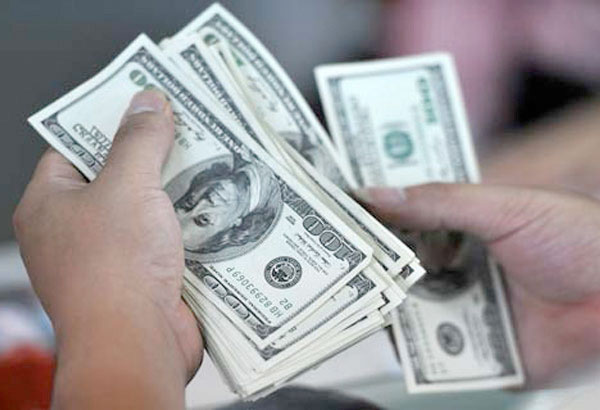By Richmond Mercurio (The
Philippine Star) | Updated April 18, 2016 - 12:00am

PEZA director general Lilia
De Lima said the country stands to benefit from the reforms implemented by the
investment promotion agency. File photo
Wipe out red tape, graft
MANILA, Philippines – The
Philippines has the potential to become a major economic powerhouse over the
next decade should it succeed in eliminating red tape and graft and corruption
in government agencies, according to the head of the Philippine Economic Zone
Authority (PEZA).
PEZA director general Lilia
De Lima said the country stands to benefit from the reforms implemented by the
investment promotion agency.
She said the PEZA was one of the few local government agencies
implementing a no red tape and no corruption policy, earning the respect of no
less than President Aquino.
With its good image among
investors worldwide, PEZA has managed to attract P3.18 trillion worth of
investments across various economic zones in the country since 1995.
“The Philippines today
stands before a giant door of opportunities never before opened until now. Our
economy is on a continuous upward trajectory,” De Lima said.
Aside from cleaning up
government practices, the country must also utilize and put into good use its
young population, the PEZA chief said.
“Our demographics, a young
population with over 100 million Filipinos with a median age of 23.5 is our
strongest asset. The over one million Filipinos that enter the labor force
annually – half of them are college graduates – is no longer a challenge but an
opportunity for this country to be among the leaders in the region. With all
these ageing societies worldwide and we have the right demographics that know
how to speak English, if we do it right within the next 10 years we have a big chance,”
De Lima said.
From being the sick man of
East Asia, the Philippines has already been dubbed as Asia’s rising tiger by
the World Bank given the fast growth of its economy in recent years.
However, challenges that
include economic restrictions, poor infrastructure, low level of foreign direct
investments, and bureaucracy remain as among the major concerns pulling back
Philippine economy from reaching its full growth potential.
An upcoming change in
administration is also deemed as a potential threat to the country’s continued
economic growth.
Economist Bernardo
Villegas, however, ruled out such concerns in a business gathering last week.
Villegas said the country
is capable of sustaining its six to seven percent gross domestic product (GDP)
growth regardless of who will replace President Aquino.
He said the country’s
economy could grow even further to as much as 10 percent if it gets to elect
the right president.
____________________________________________________________



